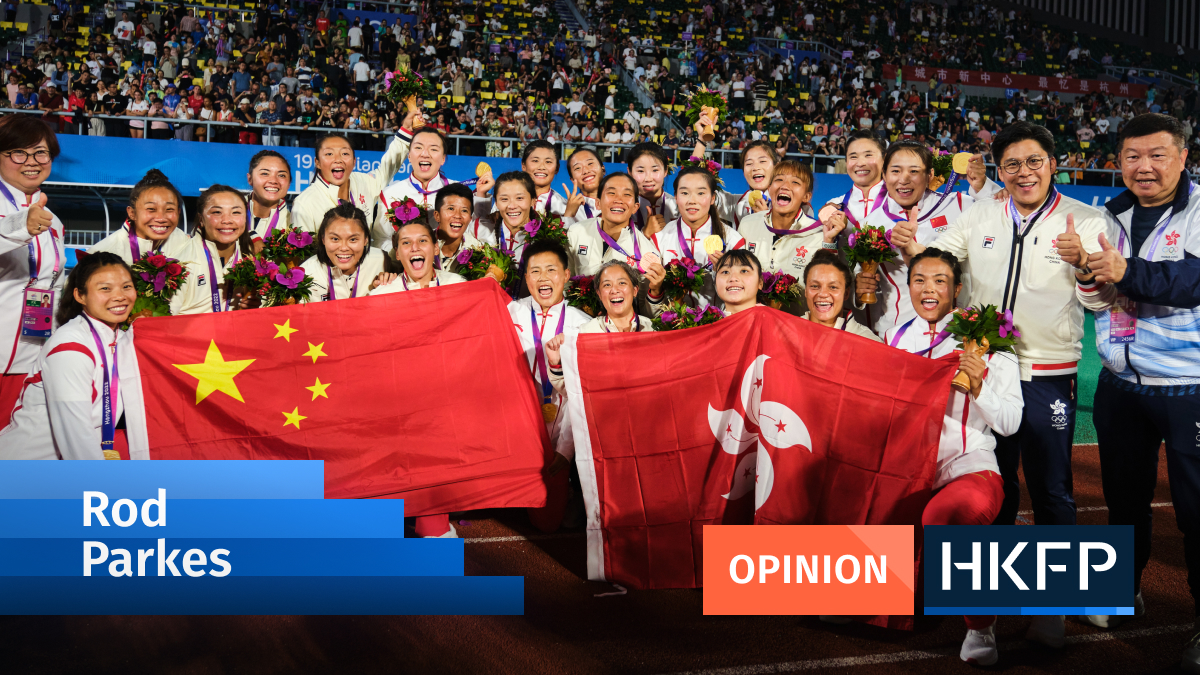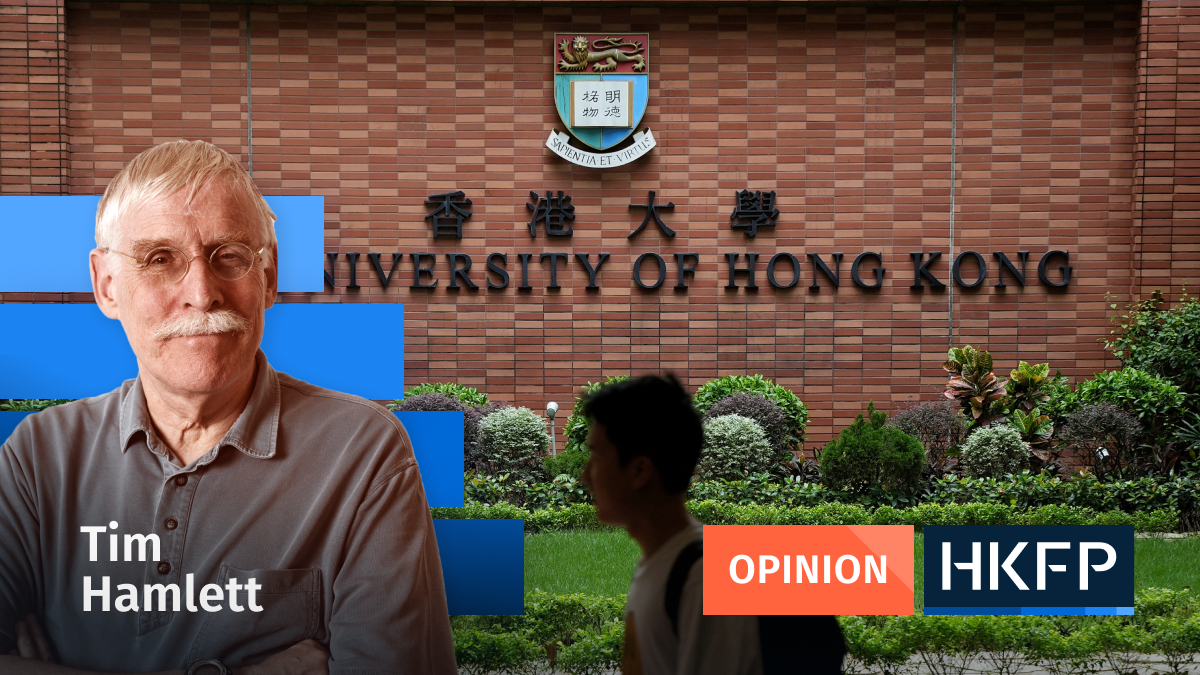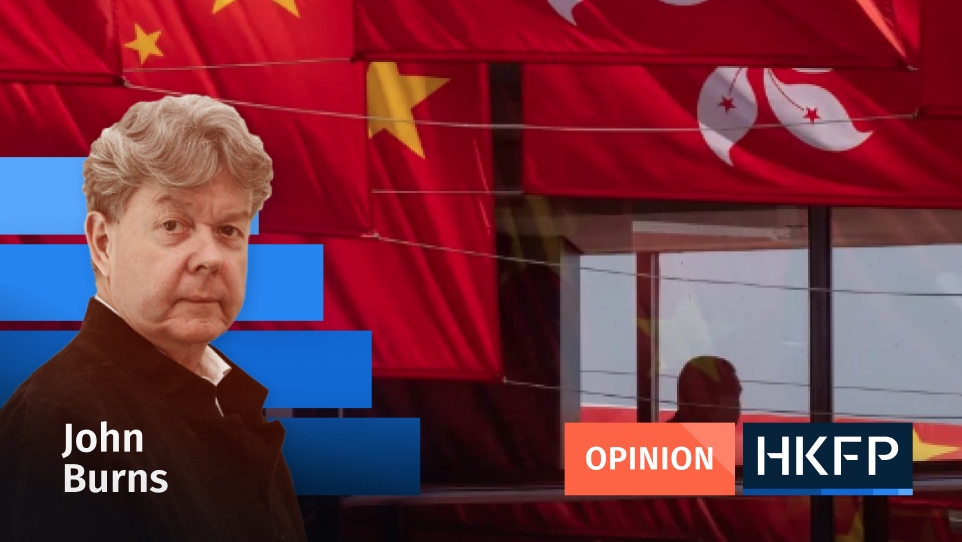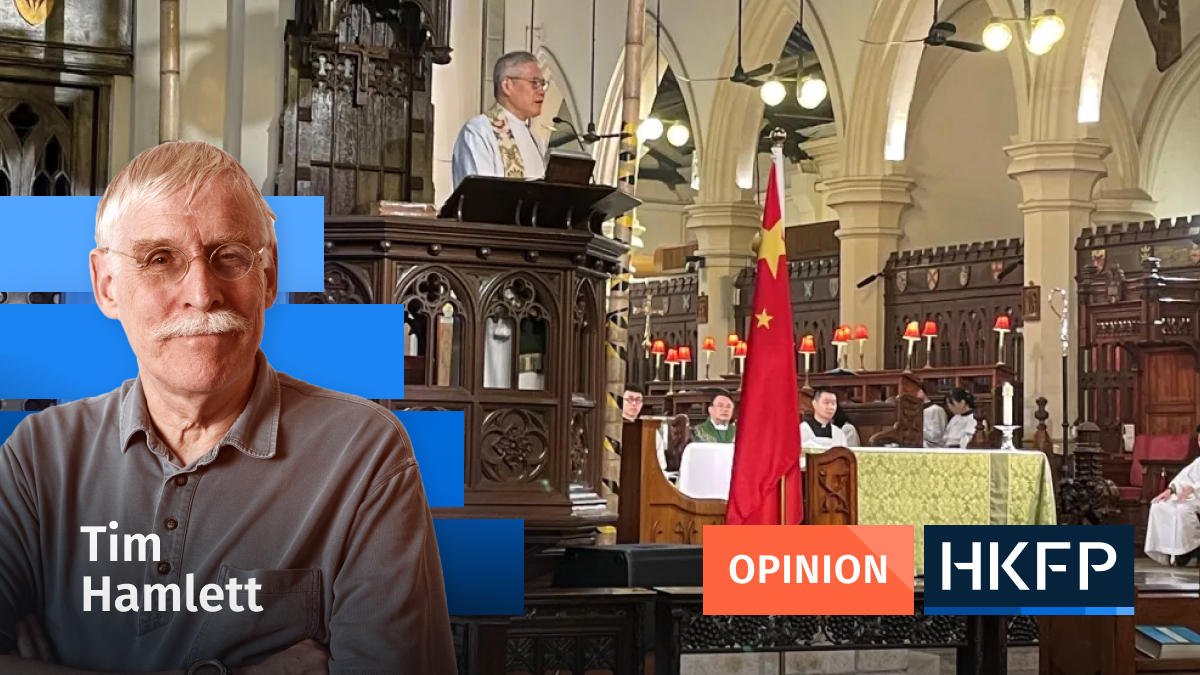We do not enjoy the rule of law in Hong Kong; we enjoy the rule of selected laws. Consider the District Councils Ordinance. This is an admirably clear effort. The relevant parts go like this:
If a vacancy arises in the office of an elected member, the Designated Officer must, by notice published in the Gazette, declare the existence of the vacancy within 21 days after becoming aware of the vacancy.
District Councils Ordinance S32 (1)
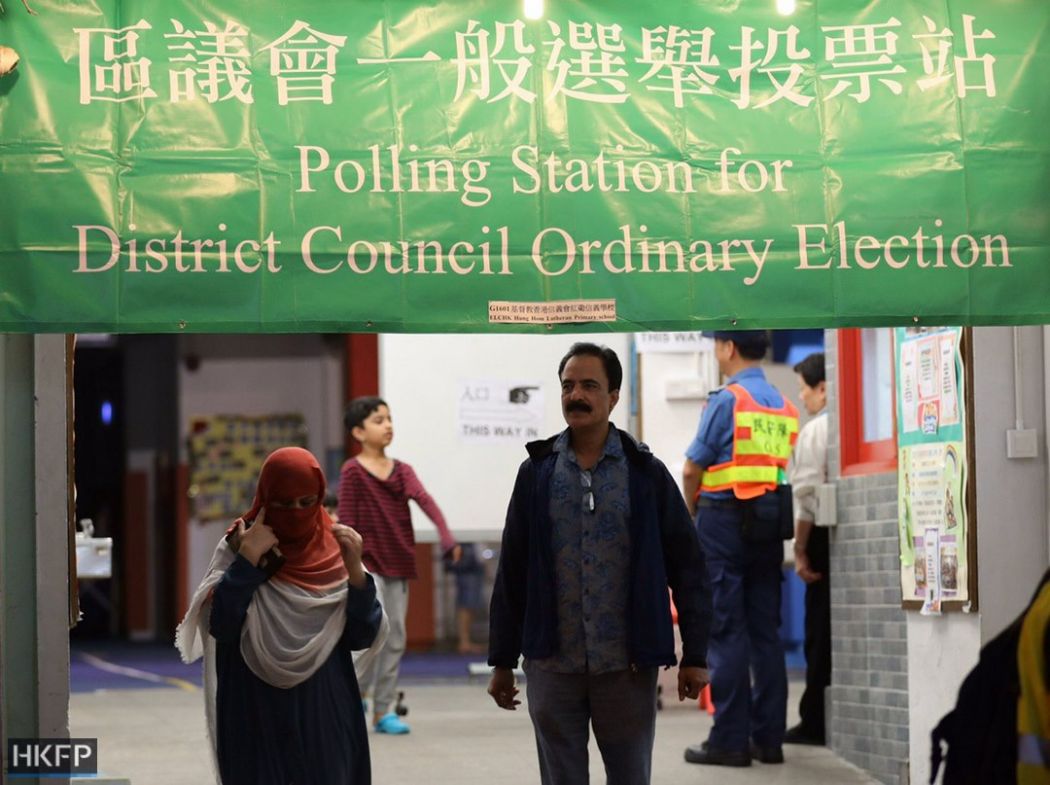
Following this:
The Electoral Affairs Commission must, in accordance with regulations in force under the Electoral Affairs Commission Ordinance (Cap. 541), arrange for a by-election to be held in the following circumstances… (a) on the making of a declaration as to the existence of a vacancy in the membership of a District Council under section 32.
District Councils Ordinance S33 (2)
Notice that, unlike regular District Council elections, there is no role for the chief executive in the timing of this process, which is entirely automatic. However since May 2021 there have been more than 200 vacancies on District Councils, none of which have been filled.

The government, dissatisfied with the results of the elections the previous year, persuaded most of the winners to resign by circulating baseless threats that anyone who was disqualified for a dearth of patriotic enthusiasm would be presented with a bill for some HK$1 million.
At that time we were provided with an entirely unsatisfactory and unlawful explanation for the absence of by-elections by the city’s former leader, Carrie Lam: the government was too busy. She cited the then-upcoming elections to the Election Committee, to the Legislative Council (LegCo) and for her replacement.
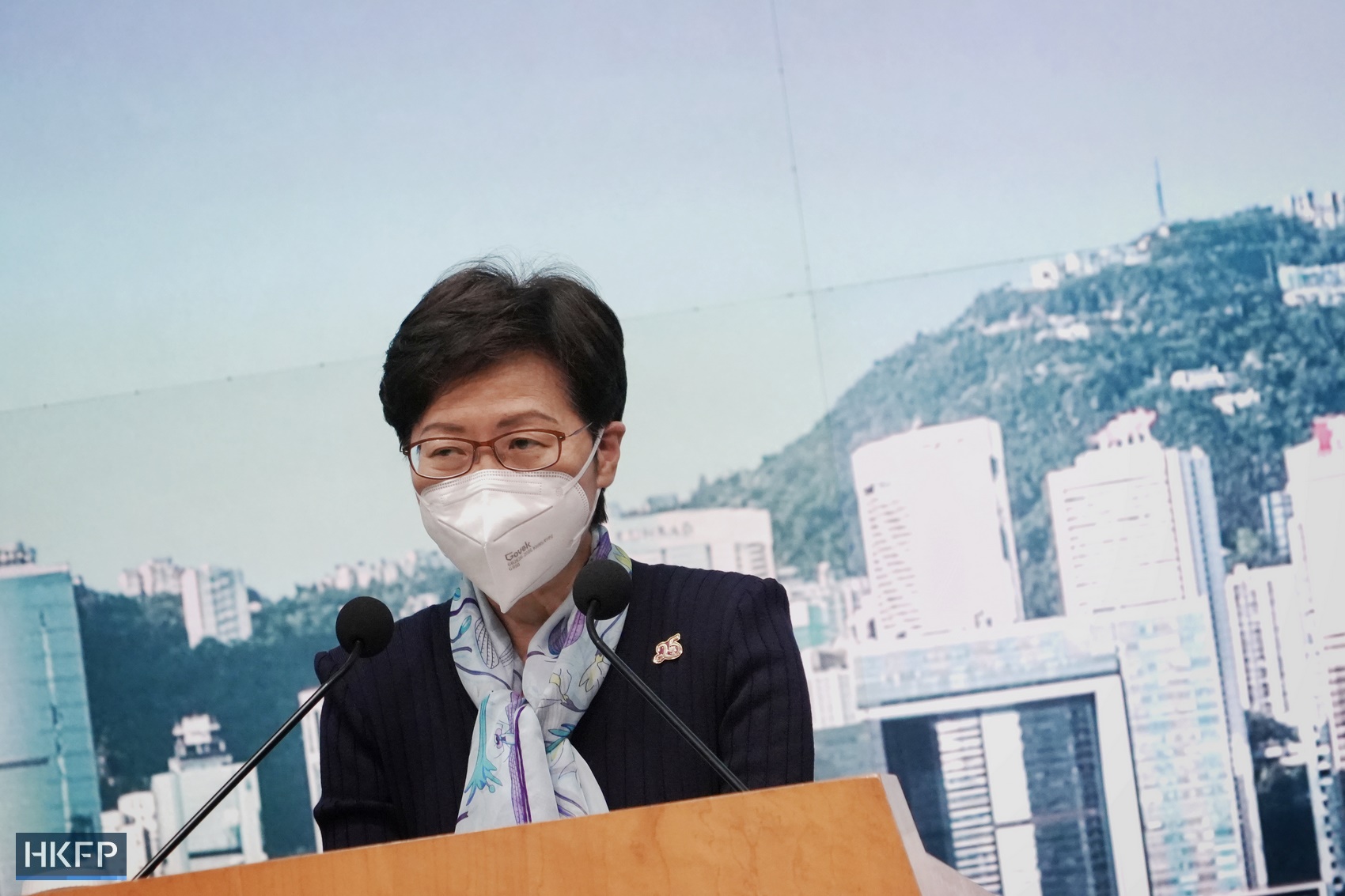
These turned out to be less strenuous than expected. Most of the electorate did not bother with the LegCo election and there was only one candidate for chief executive. This did not, however, produce a return to the path of by-election righteousness.
We were left only with Lam’s last word on the subject, which was: “We do not feel there is sufficient room and time for another set of by-elections, especially of this magnitude, because of the number of seats involved. So I could say that it will be almost impossible for us to mount a by-election of any district council vacancies between now and the end of this term – that is the Government’s term between now and June.”
That term ended three months ago. The new regime has not had to run any election of any kind, yet still no sign of by-elections.
What has the Electoral Affairs Commission to say about all this? Nothing. It is apparently happy to follow orders. It is frustrating to find an organisation headed by a retired judge which is happy to ignore the laws supposed to govern its activities, which ironically include:
The Commission shall not be regarded as a servant or agent of the Government or as enjoying any status, immunity or privilege of the Government.
Electoral Affairs Commission Ordinance S 15

All this is not just a matter of legal pedantry, although it must surely take a certain gall for a government to preach about the rule of law while ignoring its own constitution. District Councils have functions and those functions are not being performed. They used to advise District administrators and government departments about what people wanted and did not want.
Government departments are now free to improvise, and I do not doubt that in many places they are doing this in ways which do not go down well with the people they are supposed to serve.
We have a very fine example just down the road from my home.
A bit of background: Sui Wo Road is a long snake-like affair which climbs up the hills north of Shatin in a series of long bends. The estate of the same name, one of the first under Hong Kong’s Home Ownership Scheme, is near the bottom and has a bus station.
The rest of us – six housing estates, two schools (Caritas for special needs, ESF for prosperous parents), a few very expensive solo houses and the HKBU staff quarters – depend on green minibuses.
It is a curious feature of the arrangements for bus stops that as you get towards the top of the road there are no bus shelters for people queueing to go down, but shelters are provided for people waiting to go up, of whom there will normally be very few.
This tide in the affairs of bus stops recently arrived at Greenwood Terrace, the last of the large estates and very near the end of the road. There is one more estate, a very small one, which has neither a bus stop nor a shelter but the minibuses stop outside the gate anyway.
Arrangements at Greenwood Terrace have been roughly the same for 30 years. The minibuses going up stop across the road from the entrance to the estate. Those going down stop at the entrance, or just before it so as not to obstruct the drive.

However there is no end to traffic titivation in Sui Wo Road. A few weeks ago, work finished on a bus shelter opposite the drive entrance. This is the stop for minibuses going up and it is safe to say that nobody will ever wait for a minibus there, because it is only about 200 metres from the end of the road.
After some cogitation a popular theory is that this shelter is provided for Greenwood residents who find it raining unexpectedly. They can shelter from the rain while they summon a servant with an umbrella to take them home.
The opposite side of the road has an informal rain shelter provided not by the government but by the estate management, which a few years ago hit on the idea of planting one of those big garden umbrellas just inside the entrance to the estate, so that it shelters the bus stop queue.
This arrangement has now been sabotaged by the people who decide where bus stops should be put. They have moved the Greenwood Terrace downhill stop 30 yards up the road so there is no longer any shelter next to it.

This is very inconvenient. Regular users are up in arms. A petition has been raised. Protests will be voiced. This is the sort of thing which was avoided when we had functional District Councils. People were asked if they wanted something and if you said “no” loud enough you didn’t get it.
The District Councils now have no role in the election of the Chief Executive or anyone else. But that was not their main purpose anyway. They were there to give people a voice in the local matters which affected them. We are now back to the old colonial system as practised in 1980. You get what you are given.
Do not expect gratitude.
Support HKFP | Policies & Ethics | Error/typo? | Contact Us | Newsletter | Transparency & Annual Report | Apps
| HKFP is an impartial platform & does not necessarily share the views of opinion writers or advertisers. HKFP presents a diversity of views & regularly invites figures across the political spectrum to write for us. Press freedom is guaranteed under the Basic Law, security law, Bill of Rights and Chinese constitution. Opinion pieces aim to point out errors or defects in the government, law or policies, or aim to suggest ideas or alterations via legal means without an intention of hatred, discontent or hostility against the authorities or other communities. |
Help safeguard press freedom & keep HKFP free for all readers by supporting our team

More HKFP OPINION:
HKFP has an impartial stance, transparent funding, and balanced coverage guided by an Ethics Code and Corrections Policy.
Support press freedom & help us surpass 1,000 monthly Patrons: 100% independent, governed by an ethics code & not-for-profit.


